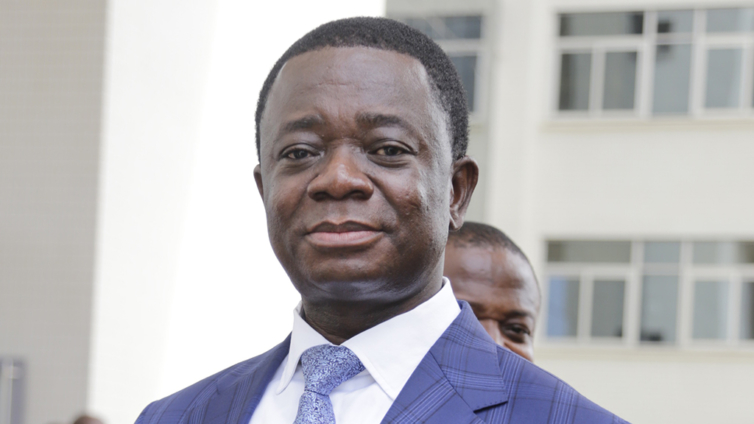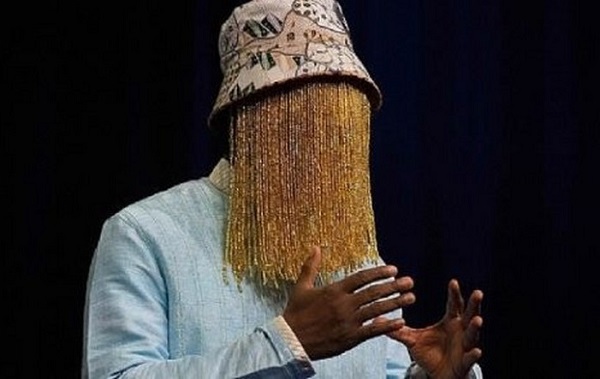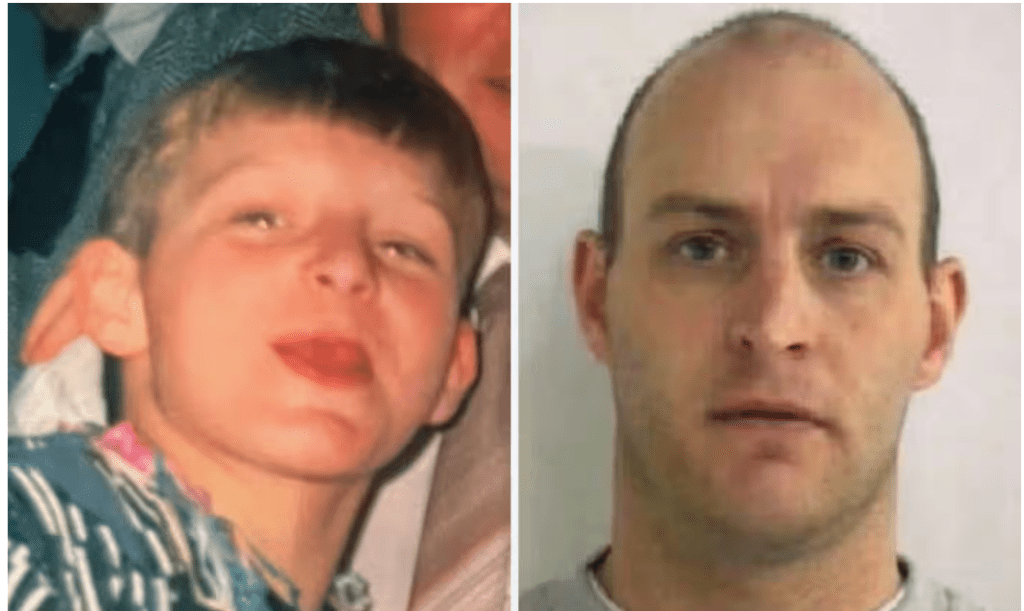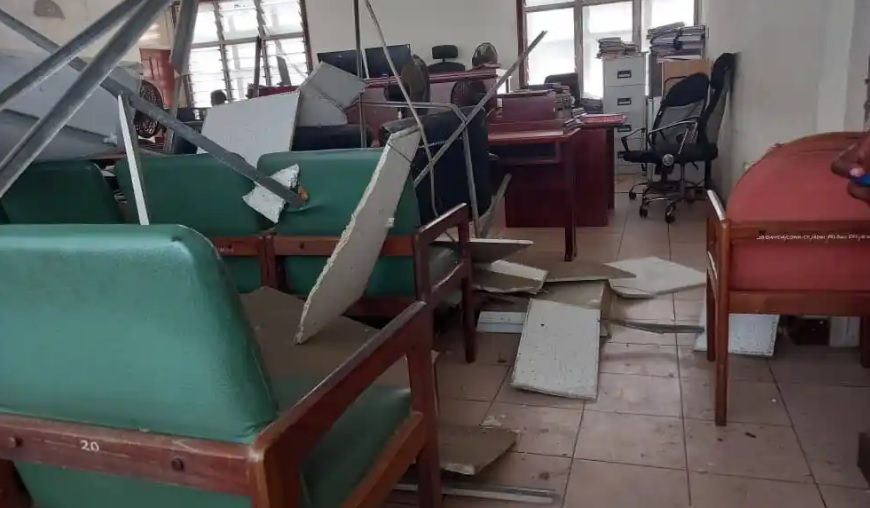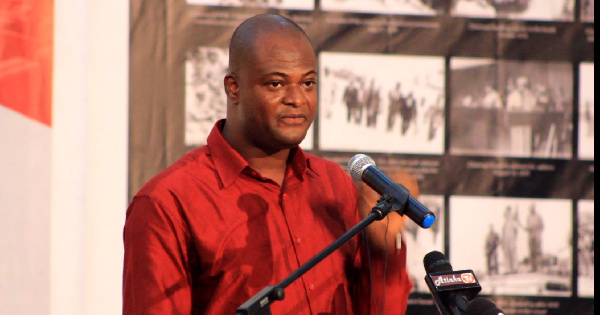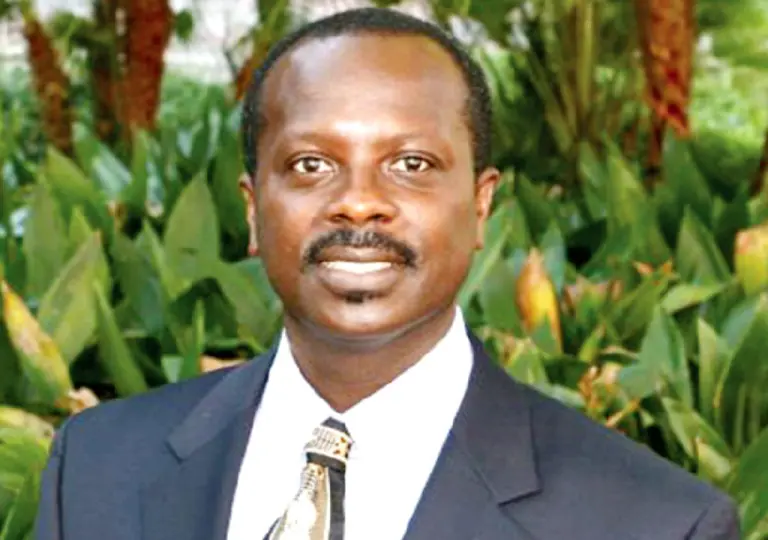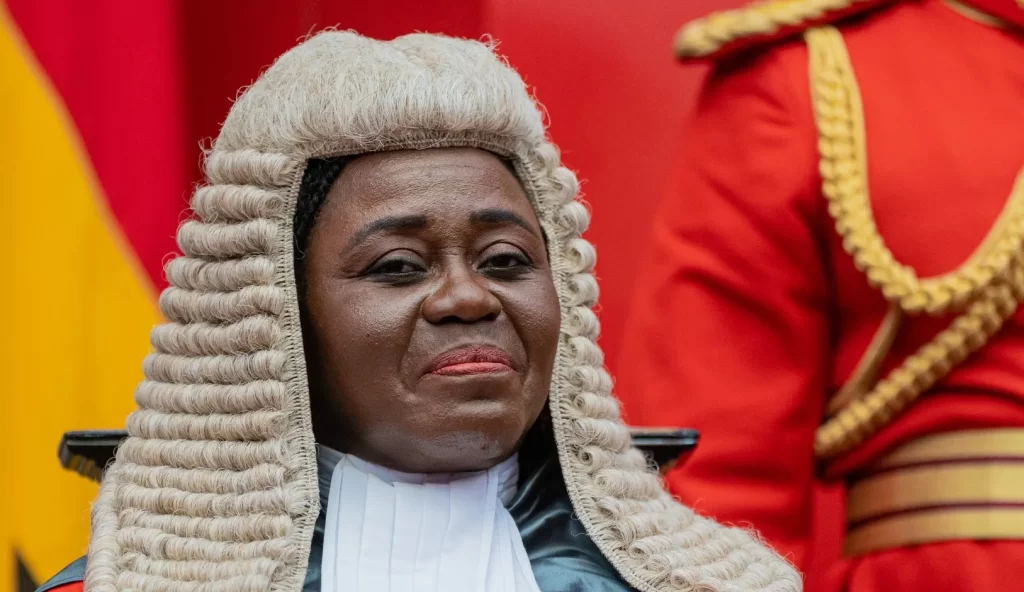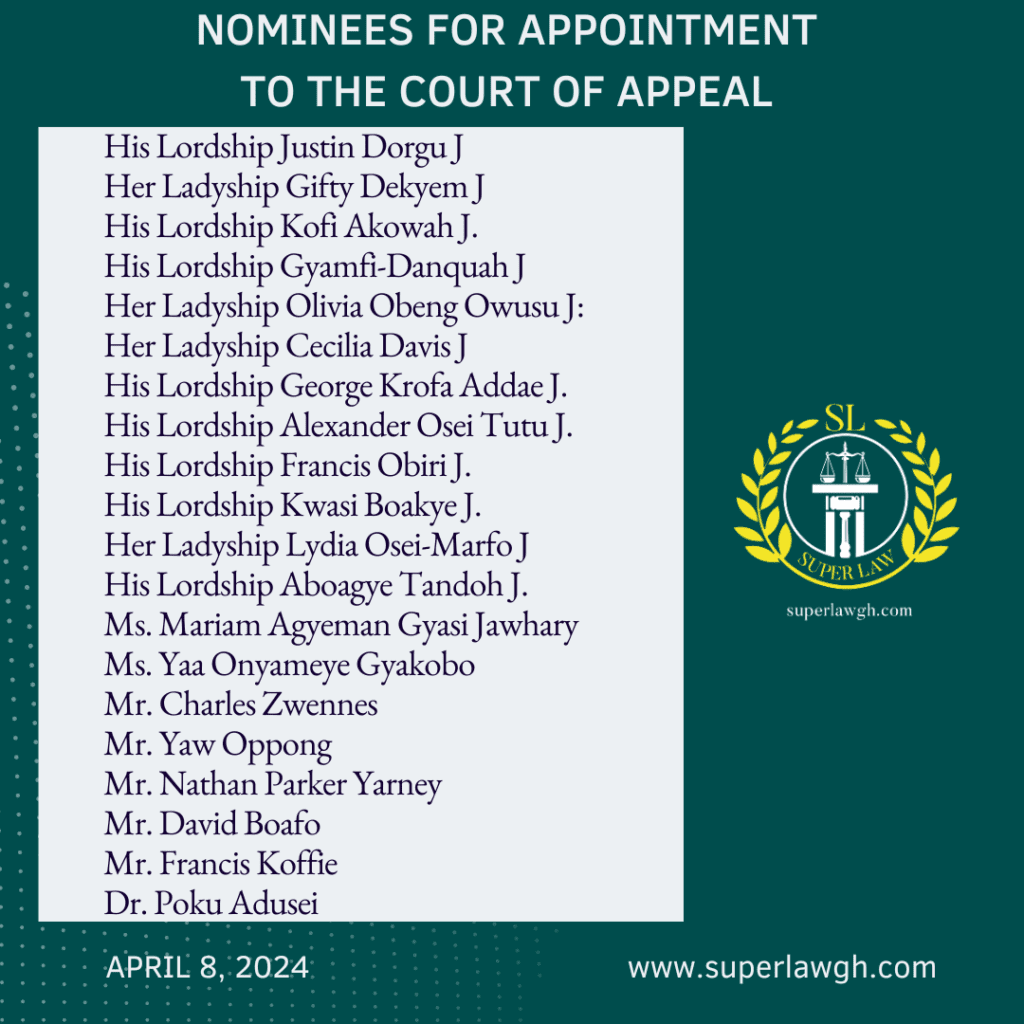Chief Justice did no wrong with changes on Opuni’s appeal panel – AG
The Office of the Attorney-General and Ministry of Justice has debunked reports that the Chief Justice contravened Article 157(3) of the 1992 Constitution in the changes she made to the panel handling the appeal of the former Chief Executive of the Ghana Cocoa Board, Dr Stephen Kwabena Opuni. The AG’s office, in a press release […]
Chief Justice did no wrong with changes on Opuni’s appeal panel – AG Read More »

